Hunger, COVID-19 and traditional practices in South Sudan force girls to early marriage
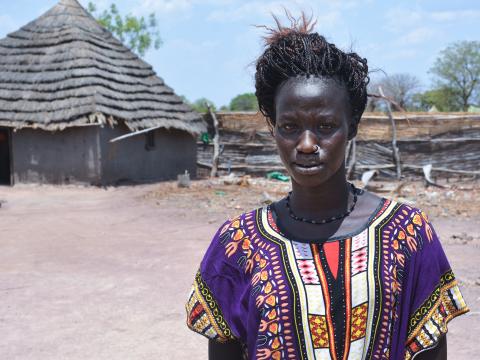
“I want to go back to school and become a doctor”, says 19-year old Bakita. Bakita is a senior two dropout from Kuajok Academy Secondary School in Gogrial West County, a part of Warrap State in South Sudan.
She shares, “I grew up in Majack village where my 65-year old husband’s family also live and were our neighbors. I am his third wife.”
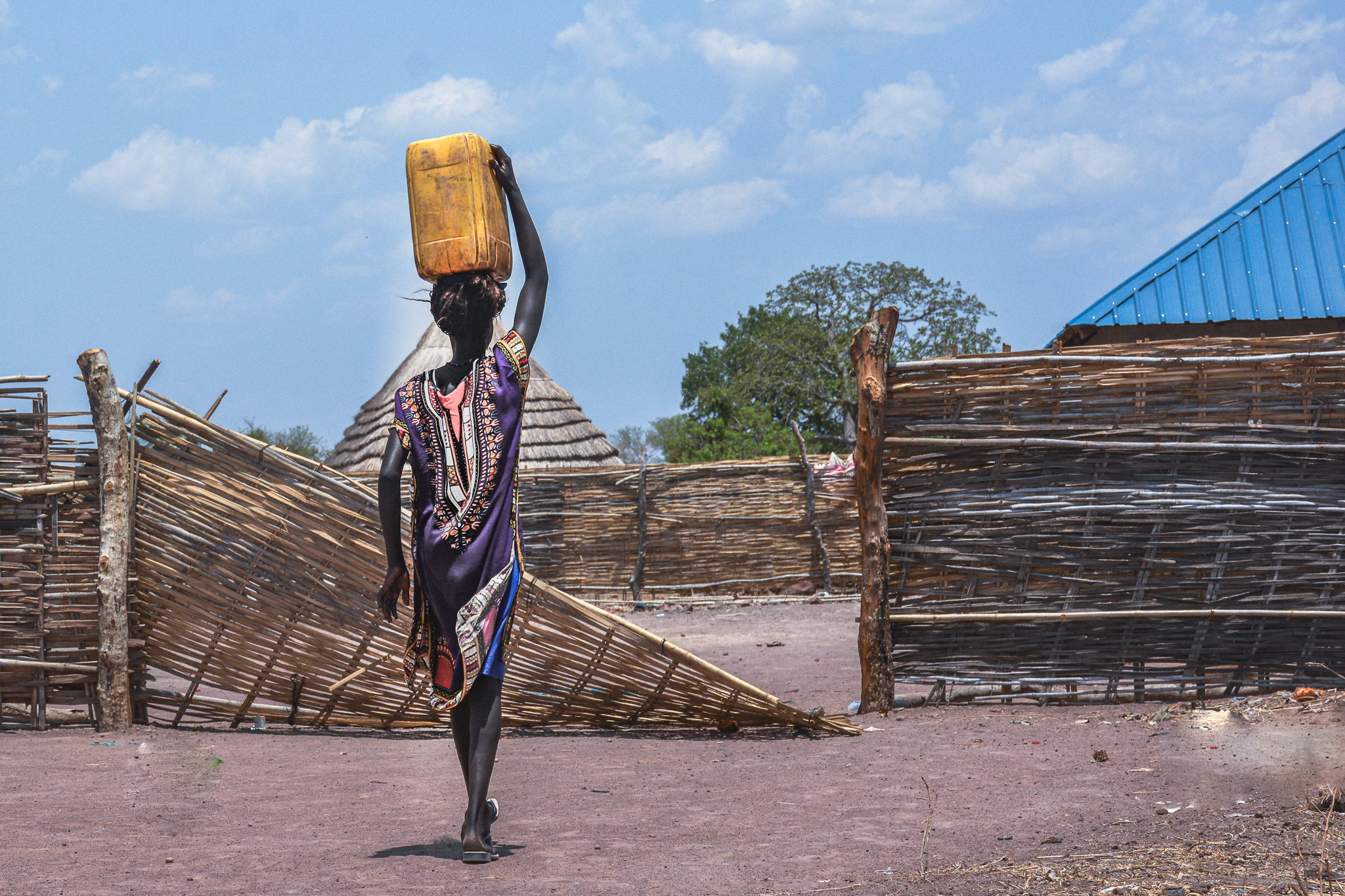
According to Bakita, she stayed with the husband’s family a few years ago to be safe from an inter-communal conflict that drove her own family from Gogrial West and the good relationship between their families. She was studying then and they helped pay for her school fees.
During the COVID-19 pandemic and schools were closed, her family decided to arrange for her marriage to the man who is old enough to be her father. “My parents and husband arranged for everything and negotiated for the dowry without my knowledge”, she says.
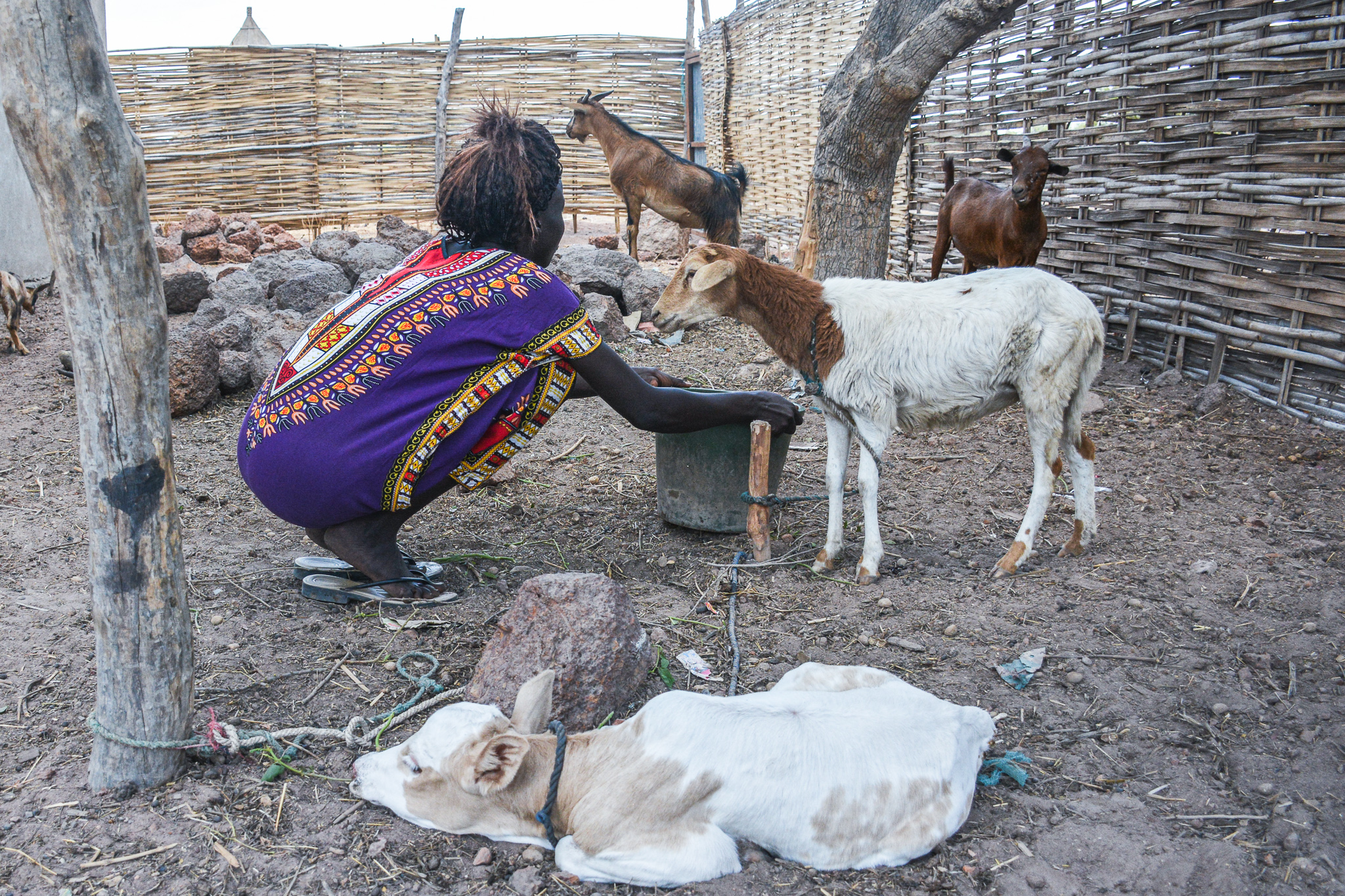
Bakita was brought to the house that she once lived in as a bride in March 2021. She says, “My young sister Abil, a primary six pupil, married when she was 15 last year. As her older sister, I felt the pressure from my community and family members to settle down.”
She recalled that when her parents told her to marry her husband, she just accepted. ”The people were calling me names for not marrying early. When this opportunity came, I accepted under pressure, but I was hopeful I can back to school”, adds Bakita.
My young sister Abil, a primary six pupil, married when she was 15 last year. As her older sister, I felt the pressure from my community and family members to settle down.
Abuk, a 25-year-old mother of five, and the second wife of William Deng Majok said,” I was also married off at a very young age. I had gone for a traditional dance with my friends and sisters, my husband took notice and organized some boys to bring me to his hut in the forest. I could not fight them. I was locked in his hut and that was how I became his wife.”
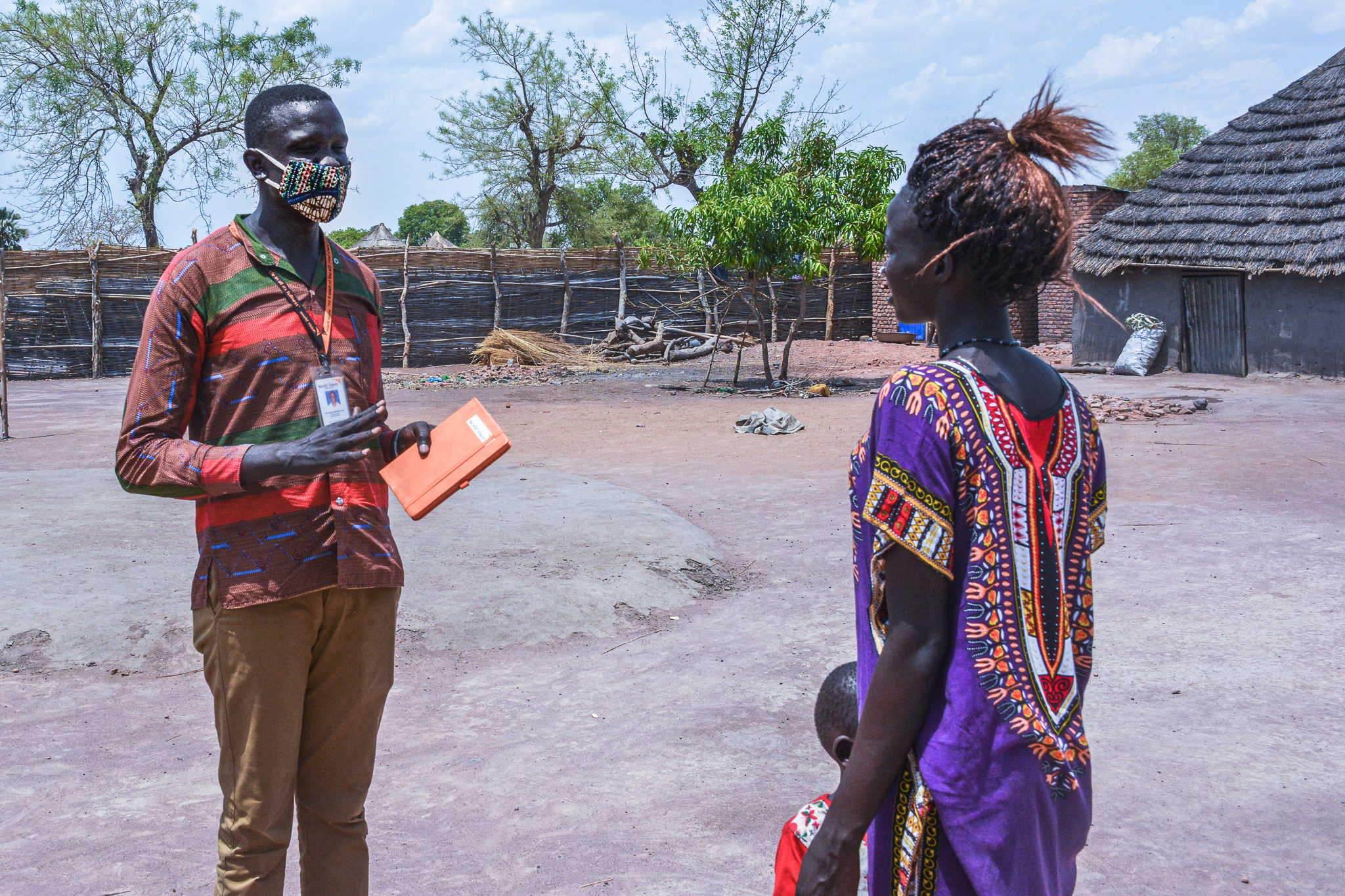
With support from World Vision Korea, the protection project aims to promote the rights of children, including an awareness campaign in communities on the adverse impact of early and forced marriages.World Vision’s protection activities are helping address both the root-cause and contributing factors of gender-based violence in the state.
James Ring Ring, World Vision’s Education and Protection Manager explains, “Many families still consider marrying young girls as a source of income through dowries. The initiative aims to change this mindset, stop the practice and encourage parents to send their children to school.”
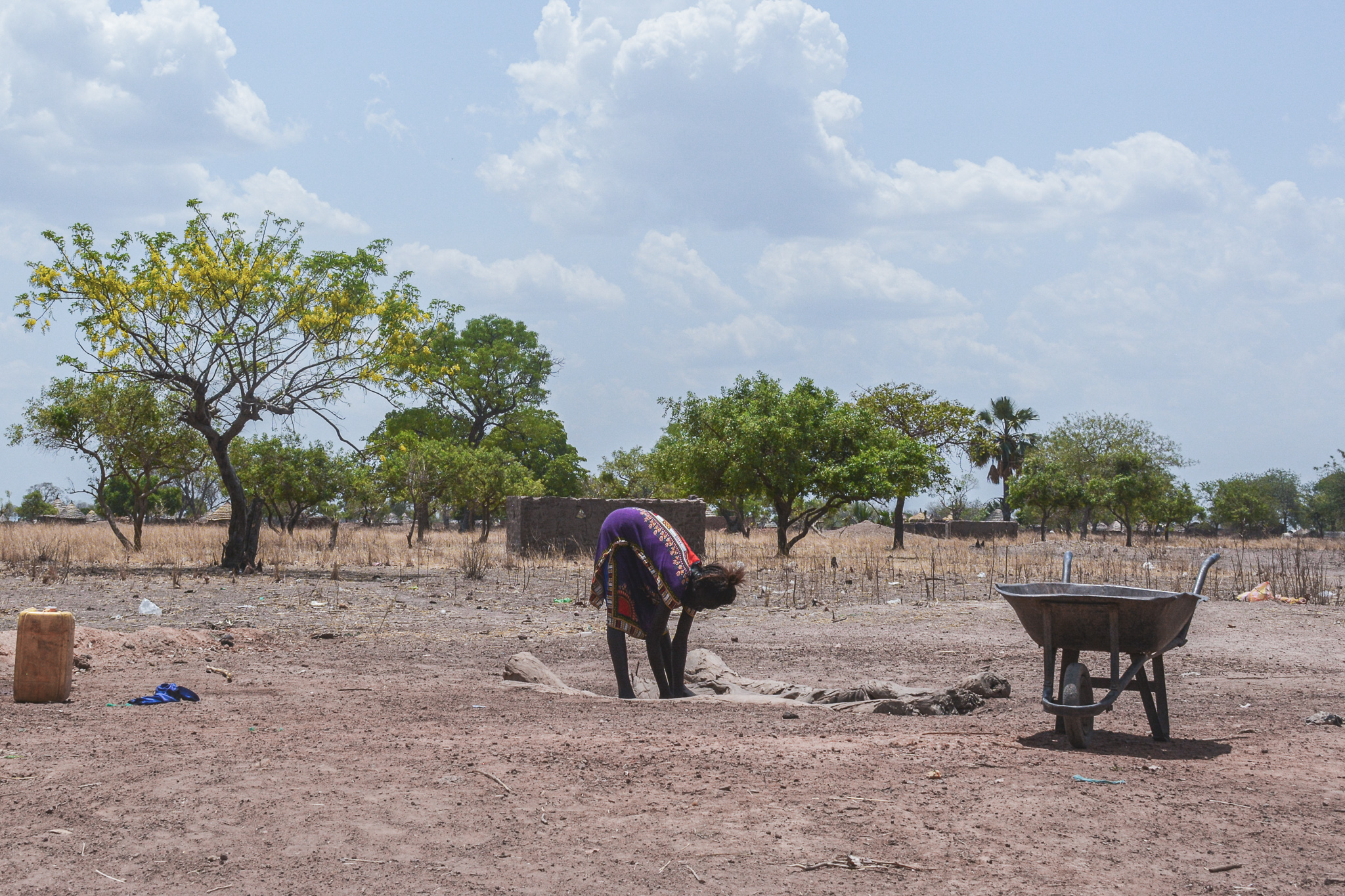
The Warrap’s State Ministry of General Education and Instruction report revealed that at least 380 school-girl learners were impregnated across the six counties of Warrap State, namely Gogrial West, Gogrial East, Twic, Tonj North, Tonj South and Tonj East.
World Vision’s Protection Officer Wilfred Wol says, This is one of the serious impact caused by hunger and the Covid-19 pandemic among the young girls being out of school and under the pressure of traditional practices depriving them of a better future.”
Story and photos by Jemima Tumalu, Communications Officer with inputs from Protection Officer Wilfred Wol.